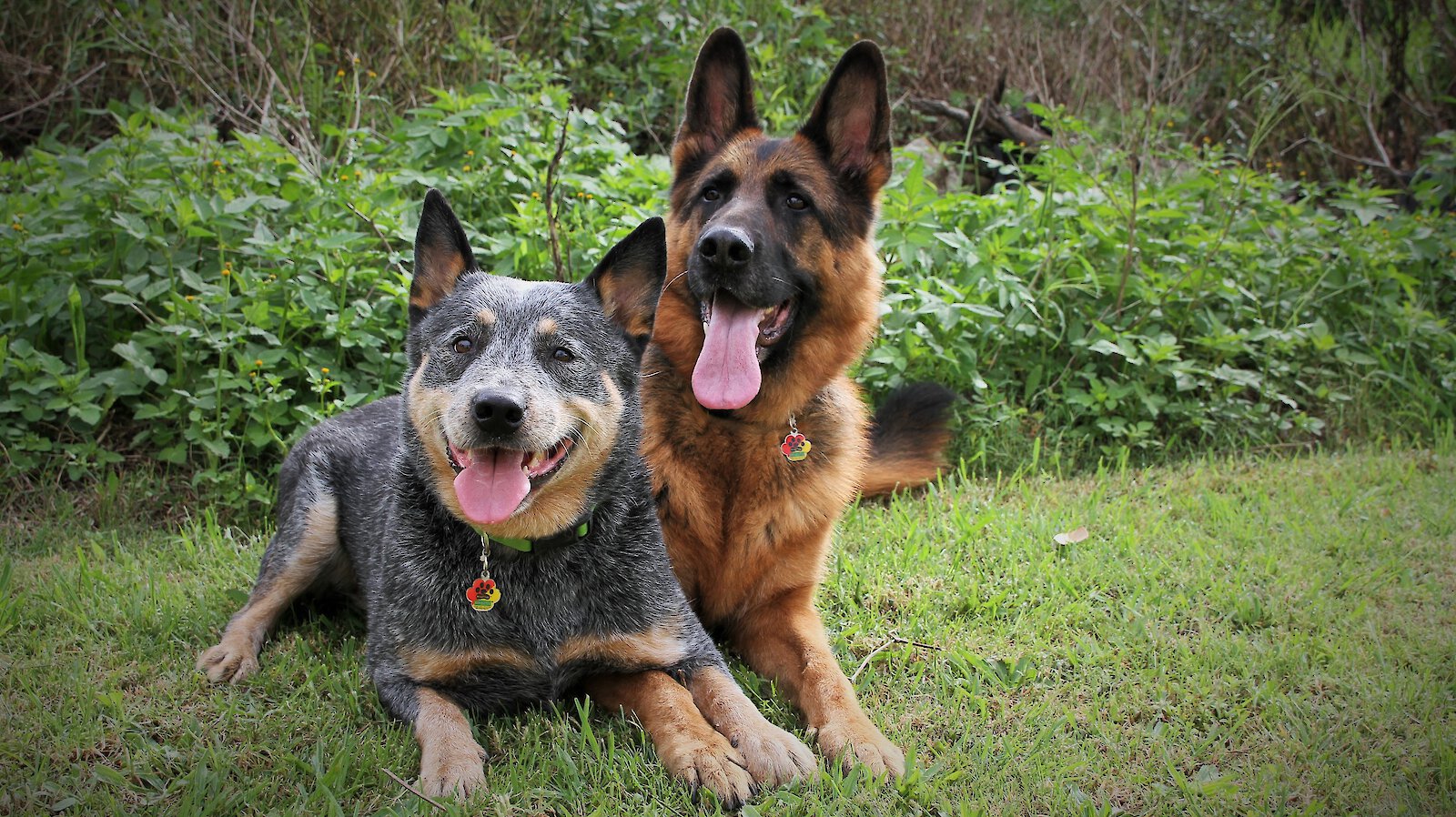If you’ve been under the assumption that training would take away your dog’s fun-loving spirit, then we have excellent news for you. You don’t actually have to live with your dog’s frustrating behaviours!
You may be concerned that training will take away your dog’s big, boisterous personality. After all, isn’t training about compelling your dog to follow a lot of rules? Well, not exactly. Yes, training will help your dog learn which behaviours are desirable and which ones are not, but don’t worry: it won’t change the very essence of who they are and how excited they’ll be to see you when you get home. Here’s why.
1. Personality is not behaviour
Your dog’s age, personality, or experience may make them prone to behaviours that aren’t so great in a human environment, but proper training gives them the information they need about what is or isn’t considered good manners. Once they have that info, it changes only those behaviours.
When you give your dog a road map of how to live harmoniously in your household, it actually allows their true personality to shine! For example, an untrained dog that gets excited when you come home may jump up on you. That may be cute while they’re young, but it becomes problematic once they’re bigger—especially with young children around. Proper training removes the unwanted behaviour, (the jumping up,) but it doesn’t dampen their enthusiasm for seeing you come home.

2. Dogs crave discipline
Even the most boisterous pups crave routine and discipline. They need a little guidance from you in order to know how to behave. If you don’t communicate what you want and expect, they will become anxious and start making decisions on their own.
Clear and consistent training shows your dog that they can trust you to take the lead and keep them safe. This provides them with the security and stability they need, which then removes all that stress they were having, and allows them to be their authentic, happy selves!
3. Training is more effective when it ISN’T harsh
Do you have an image of what dog training looks like—maybe from television, ads, or social media—that includes aggressive techniques? Well, not only are these techniques outdated, dogs respond far better to gentle correction, persistence, and plenty of positive reinforcement. Dogs don’t understand harsh discipline, such as hitting or yelling; it only frightens and confuses them. They do, however, respond well to patience and clear, calm commands, plus lots of love and praise. Use these techniques to curb unwanted behaviour, and you’ll keep your pet’s sweet personality in place!
For more tips on training your dog, or for general information on keeping your pet healthy and happy, contact your local Bark Busters trainer.




